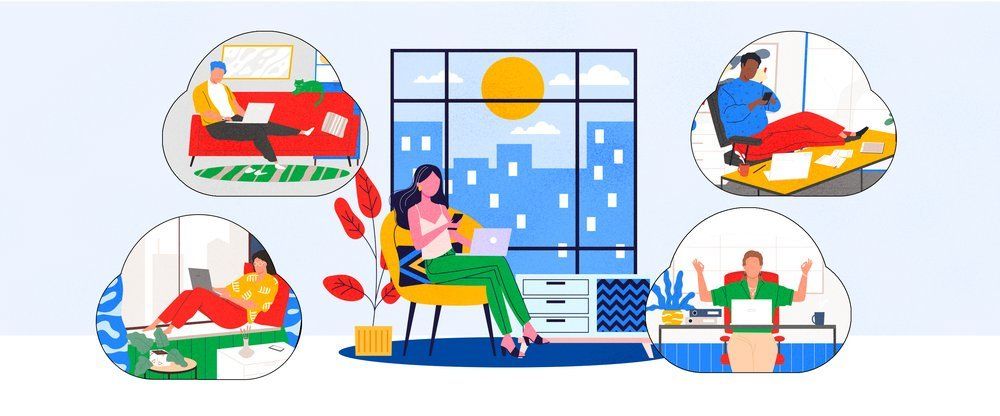

The first state to create a national park (Yellowstone).
The first state to claim a national monument (Devil’s Tower).
The first state to allow women to vote.
The first state to go Google.
…wait, what was that last one?
Wyoming doesn’t exactly have the reputation as a trailblazer state, but that perception should change. It has an impressive list of firsts, and converting all its state employees to Google’s cloud based Apps platform adds to the impressiveness. Government agencies are known for being slow to adopt new technology, and an entire state moving to something as modern as Google Apps is almost unheard of.
For those not in-the-know, Google Apps is Google’s cloud based communications and collaboration platform. Users receive a 25GB mailbox, a suite of tools for document creation that allows sharing without sending attachments, scheduling, video hosting, and web site hosting. Since these tools are Internet-based, employees can work from any location and any Internet connected device, which in turn allows employees from across the state to easily contact and work with one another. The cost savings from efficiency alone will save a lot of tax dollars. Governor Matt Mead says the change will save the state “ one million dollars per year .”
In 2009, the City of Los Angeles switched it’s 30000 employees to Google Apps with great success. Randi Levin, Chief Technology Officer of the City of Los Angeles , talks about the city’s success:
“ Because the email and other applications are hosted and maintained by Google, ITA employees who previously were responsible for maintaining our email system can be freed up to work on projects that are central to making the city run.
By ITA estimates, Google Apps will save the city of Los Angeles millions of dollars by allowing us to shift resources currently dedicated to email to other purposes. For example, moving to Google will free up nearly 100 servers that were used for our existing email system, which will lower our electricity bills by almost $750,000 over five years. In short, this decision helps us to get the most out of the city’s IT budget.”
My own office has used Google Apps as a platform for a few years now, and the sheer convenience and efficiency of having “everything available everywhere I go” has become a concept I can’t live without. An example of government efficiency doesn’t come along very often, so Wyoming’s move is great news. Hopefully others will follow their lead and start chanting the strange phrase “ I want to be like Wyoming.”

